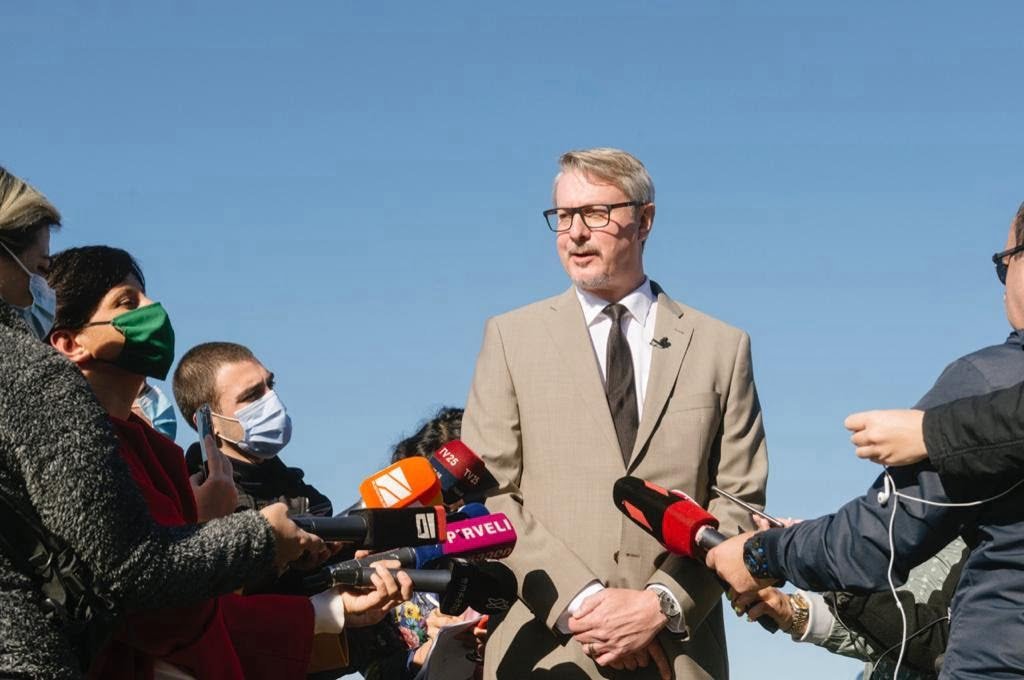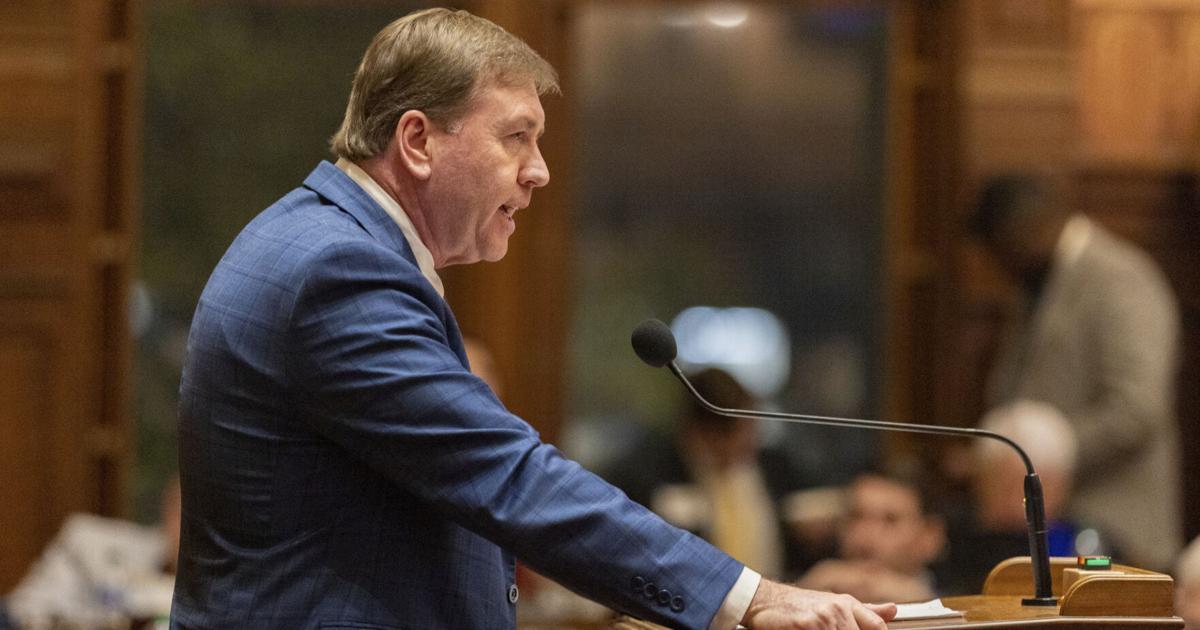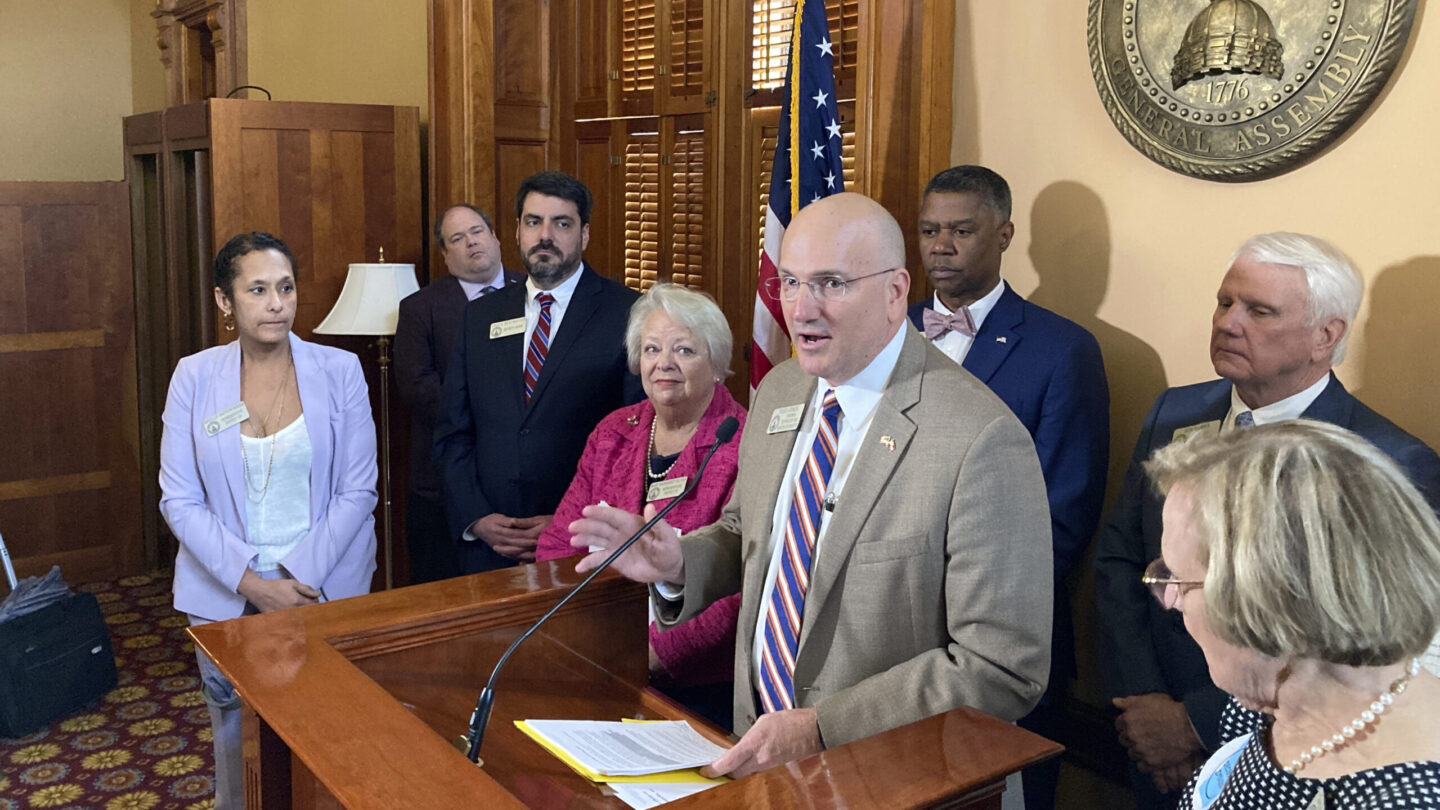The EU Ambassador to Georgia, Carl Hartzell, has raised concerns about recent changes to Georgia’s criminal procedure code, which extend the scope of crimes that allow covert investigations and the duration of those measures.
In the June 8 statement, Ambassador Hartzell said that while there could be legitimate security reasons, the changes would “significantly limit Georgian citizens’ right to privacy.”
“We note the fact that Georgia continues to introduce important legislative changes through hasty parliamentary procedures, without the necessary national or international consultations and without proper analysis of their compliance with European standards,” he stressed.
The EU diplomat called on the Georgian parliament to “immediately request the Venice Commission for an opinion on this draft law and to follow its recommendations”.
“We urge the Georgian government to honor its obligations to protect the human rights and fundamental freedoms of Georgian citizens,” the ambassador continued, “as well as to ensure adequate and effective safeguards against their potential abuse.”
The ambassador also stressed that the Georgian government “must inform the diplomatic community about the results of the promised investigation into the reported massive wiretapping of Georgian and foreign citizens, as revealed in September 2021”.
The EU diplomat referred to what was allegedly leaked files by the State Security Service (SSG), suggesting that the authorities were spying on clergy, civil society, journalists and foreign diplomats, among others.
The controversial changes proposed April In 2022, Georgian Dream lawmakers will extend the maximum possible surveillance period from six to nine months and allow undercover investigations into an additional 27 crimes.
In relation to 77 offences, changes also allow unlimited surveillance of an individual without their knowledge of the surveillance.
This post is also available in:
Georgian (Georgian) Russian (Russian)









/cloudfront-us-east-2.images.arcpublishing.com/reuters/EDROLM2XWNJBPBQRQYVKUB2EQA.jpg)